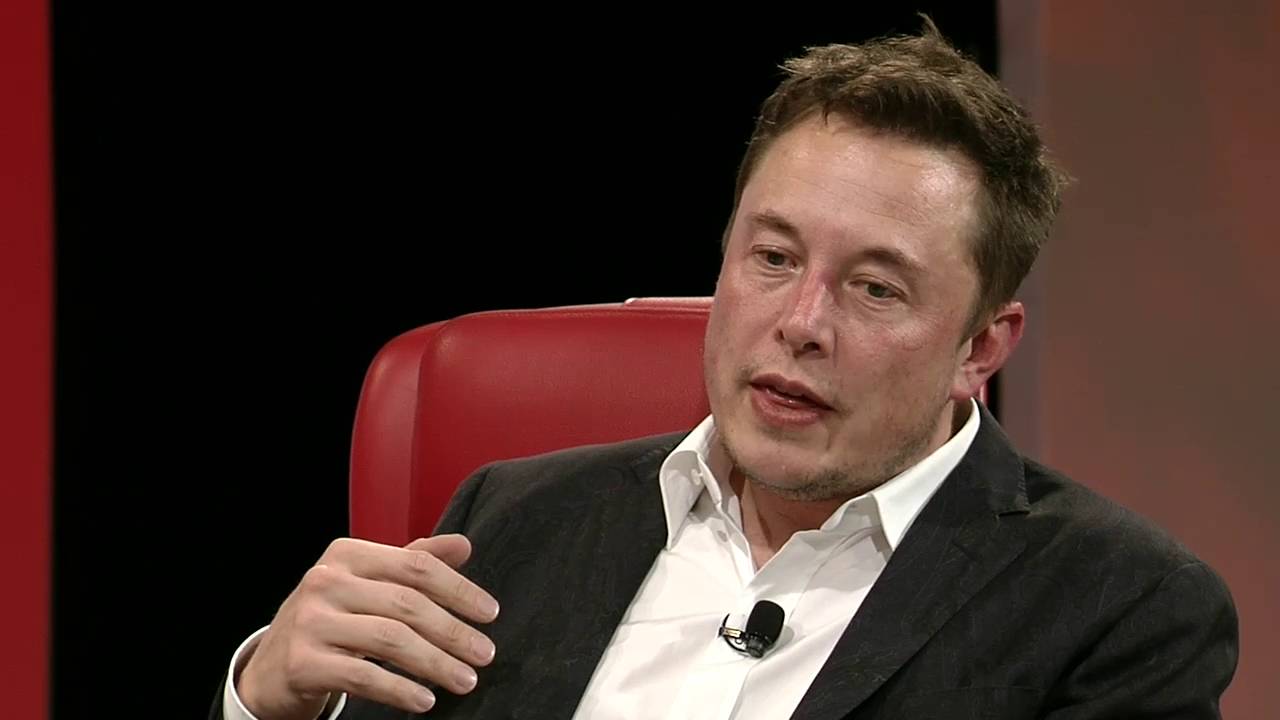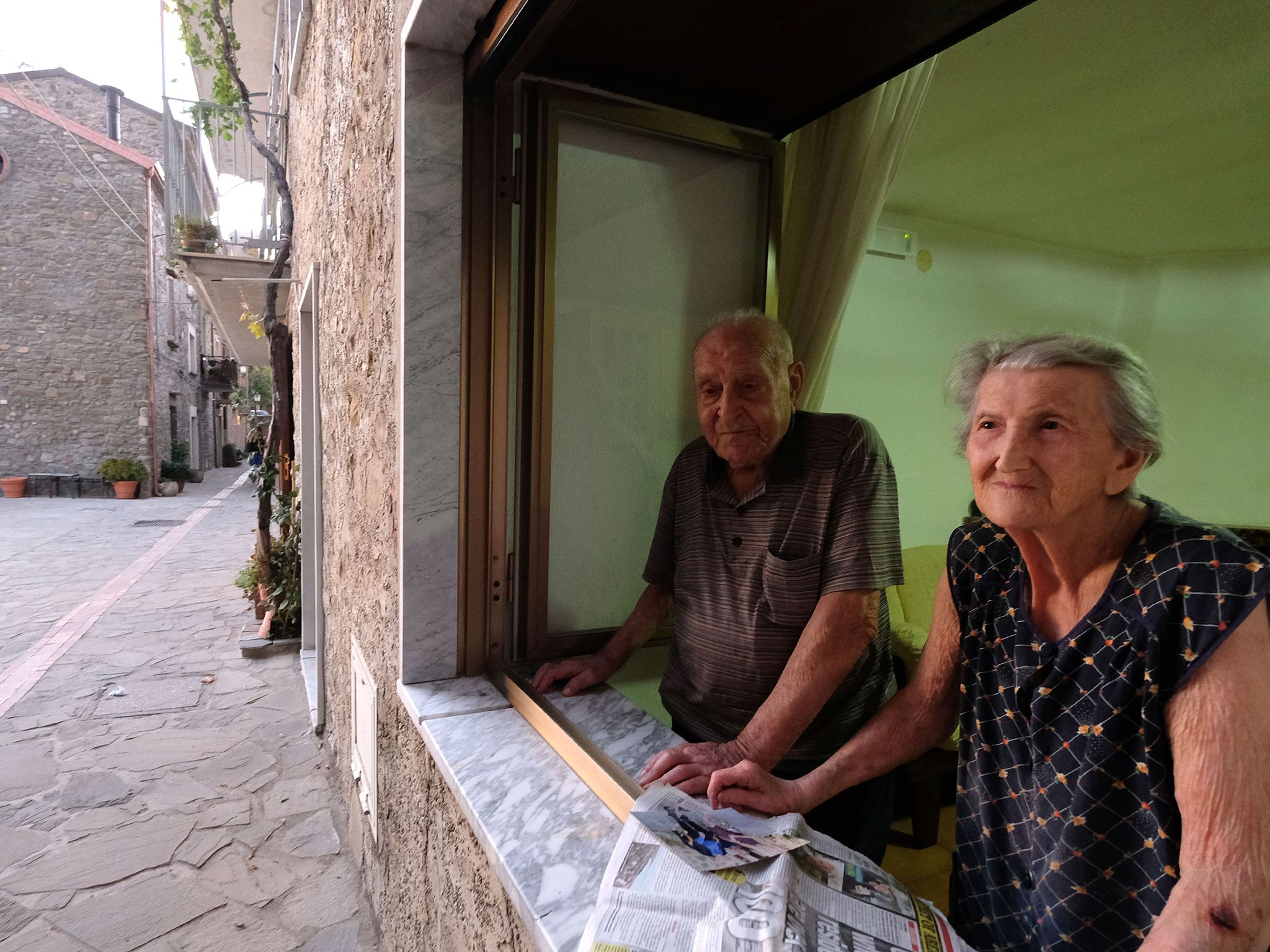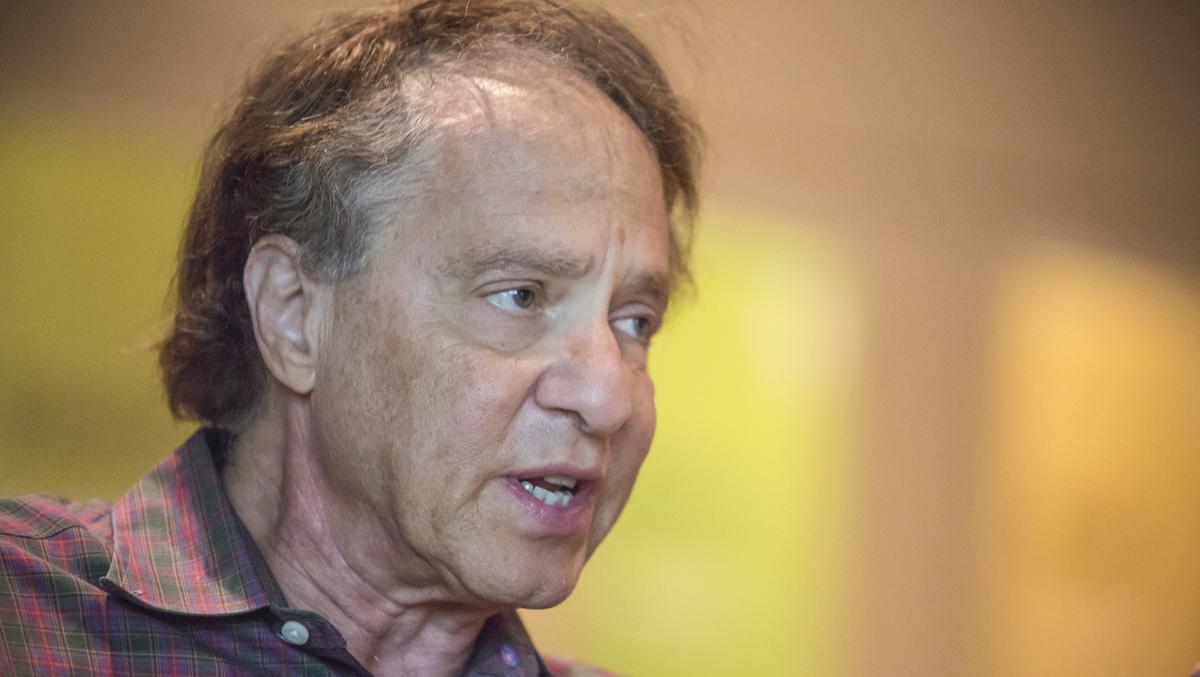
OAHU, HAWAI’I — As thousands of government representatives and conservationists convene in Oahu this week for the 2016 World Conservation Congress, international conservation and environmental leaders are raising awareness about the potentially dangerous use of gene drives — a controversial new synthetic biology technology intended to deliberately cause targeted species to become extinct.
Members of the International Union for the Conservation of Nature (IUCN), including NGOs, government representatives, and scientific and academic institutions, overwhelmingly voted to adopt a de facto moratorium on supporting or endorsing research into gene drives for conservation or other purposes until the IUCN has fully assessed their impacts. News of the August 26 digital vote comes as an important open letter to the group is being delivered.
Scientists and environmental experts and organizations from around the globe have advocated for a halt to proposals for the use of gene drive technologies in conservation. Announced today, a long list of environmental leaders, including Dr. Jane Goodall, DBE, genetics professor and broadcaster Dr. David Suzuki, Dr. Fritjof Capra, entomologist Dr. Angelika Hilbeck, Indian environmental activist Dr. Vandana Shiva and organic pioneer and biologist Nell Newman, have lent their support to the open letter: “A Call for Conservation with a Conscience: No Place for Gene Drives in Conservation.” The letter states, in part: “Gene drives, which have not been tested for unintended consequences, nor fully evaluated for ethical and social impacts, should not be promoted as conservation tools.”
Continue reading “Genetic ‘extinction’ technology rejected” »

















